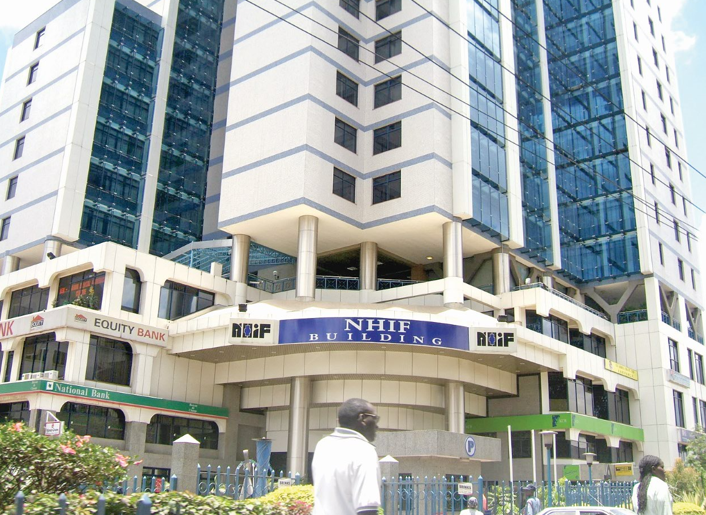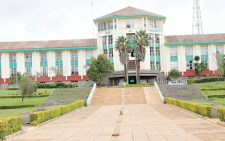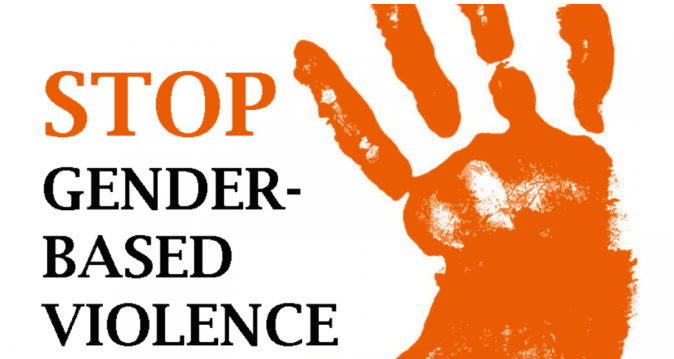How NHIF heist was executed by unscrupulous individuals

Mandarins at the National Health Insurance Fund stole over Sh21 billion from claims during financial year ending 30th June 2022, a petition before parliament has revealed.
The petition by Bernard Muchere, a Fraud Risk Management consultant has been certified by Speaker of the National Assembly Moses Wetang’ula as urgent and will be debated when parliament resumes next month.
The petitioner avers that NHIF was deprived of more than Sh21 billion through fictitious Ineligible incurred but not reported (IBNR) claims created in the financial year ending June 30, 2022.
Among the entities that lost money in the scandal were the Civil Servants (Sh 2.9 billion) and Eduafya Scheme (Sh 4.1 billion), County schemes (Sh525.3 million), parastatals (Sh780.7 million), Retirees Schemes (Sh 191 million) and Linda Mama (Sh2.3 billion).
According to the petitioner, an Incurred but not Reported (IBNR) is a type of reserve account used in the insurance industry as a provision for claims and/or events that have transpired but have not yet been reported to an insurance company.
“IBNR is used by insurance companies, particularly along the eastern Gulf Coast of the United States where Hurricanes and other natural disasters are common. After a storm hits, an actuary estimates potential damage to infrastructure and the claims that may be anticipated. Based on this analysis, money is then set aside in a reserve to pay for claims,” the petitioner explains.
The petitioner avers that upon undertaking a fraud examination on financial statements in respect of the NHIF for the year ending 30th June 2022, concerning previous financial years, he established that during the preparation of the financial statements, NHIF management created IBNR claims aggregating to over Sh21 billion backdated to the 2019/2020 financial year, inclusive of cumulative IBNR claims for the previous year.
Contributory schemes
“The unbudgeted claims were charged to NHIF members’ contributory schemes, causing a huge financial crisis that made NHIF unable to pay hospital bills for genuine contributors,” states Muchere.
The petitioner further avers that, upon analysis of the annual reports and financial statements, there was a lack of evidence supporting the IBNR claims and that the IBNR reserves were fraudulently created to enable the siphoning out of NHIF funds.
“This has caused a major crisis in the contributors’ medical coverage, resulting in most patients being denied treatment,” the petitioner explains.
The petitioner therefore, prays that the National Assembly compels the Board of Management and the Executive Officer to prepare financial statements that give a true and fair view of the state of affairs and consequently, identify which healthcare providers benefited from IBNR and whether their IBNR claims were authentic,” Wetang’ula says in a statement.
Muchere therefore wants parliament to direct that the total amount paid be recovered from the beneficiaries if the IBNR claims are found to be inauthentic.
He says that in the audited financial statements for 2020/2021, 2019/2020, and the preceding financial years, IBNR reserves were non-existent, they propped up in the financial year ending June 2022.
“This brings to question, the authenticity of the arbitrary cumulative figures of Sh 19,972,497,763 purportedly brought forward from the financial years preceding 2021/2022 and the source of data, the basis for the IBNR claims,” he remarks.
He further says there was also no evidence of data upon which Sh1,136,707,671 IBNR claims created in 2021/2022 were based.
“Therefore, based on findings i can conclusively state that the “IBNR reserves” were fraudulently created to enable siphon out Sh 21,109,205,434.00 NHIF funds,” Muchere concludes.
No reserves
He says that it is clear that IBNR claims appear to be fictitious and that no reserves were set aside in the 2021/2022 financial year and even in the previous financial years.
“Upon analysis of the statement of financial position of the Annual Reports and Financial Statements for the F/Y ended 30th June 2022, I established that the audited financial statement was fictitiously restated, whereby, part of the Sh18,697,004,746 cumulative retained earnings, Sh12,310,791,402 was converted to IBNR claims reserves.
He argues that since there is no evidence of a sinking fund bank account wherein the retained earnings were supposed to be deposited, it follows that the retained earnings were only book entries.
“It therefore means that IBNR claims reserves were created from book entries and that no liquid money was set aside,” states the petitioner.
He says that offsetting of fictitious unbudgeted IBNR claims of approximately Sh. 21 billion with the members’ scheme contributions created a huge shortfall of NHIF funds causing serious financial difficulties that were experienced in the latter part of 2022 and up to date to the extent it drastically scaled down the patient benefits and failed to cover adequately comprehensive benefits, thus, putting most Kenyans in a serious health quagmire.
Muchere says the facts he has adduced prove that NHIF is bedevilled with systemic fraud risks which unless properly managed even with the change of the NHIF Act, the fund will remain exposed to fraud schemes and patient woes will escalate. He therefore wants the Department Committee on Health to establish whether the Board of Management formulated and approved the ineligible IBNR claims as this was a major policy change.
The committee should also inquire whether the Health Cabinet Secretary approved the ineligible IBNR claims.












